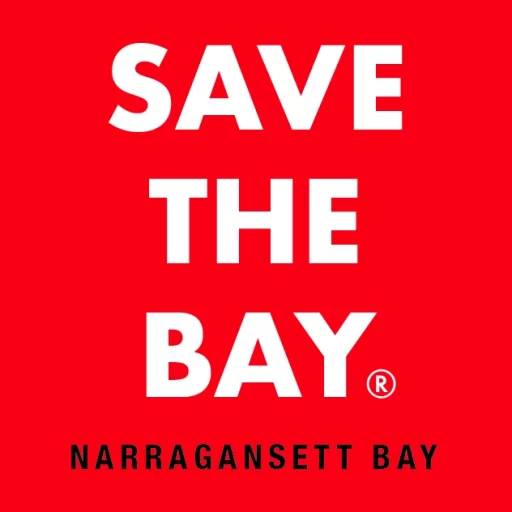Bay-Friendly Living Tip: Protect Storm Drains
Even miles from the shoreline, waste from our streets and lawns has a direct impact on Narragansett Bay. Trash, pet poop, cigarette butts and other debris are washed down storm drains and into our local waters! A storm drain may seem to be a convenient place for disposal, but instead of going to a treatment plant, like the water inside your home, rainwater carries that trash directly into the Bay without going through a treatment or filtering process.

In Rhode Island and Massachusetts, it is against the law to dump anything into a storm drain. In an effort to reduce stormwater pollution, raising your awareness of storm drain protection is just one step towards to bay-friendly living!
Dispose of household hazardous wastes properly
In 1996, the North Cape oil spill was responsible for leaking 828,000 gallons of oil into Rhode Island coastal waters. Storm events result in billions of gallons of runoff pouring into the Bay and its tributaries, polluting our waters, closing our shellfishing grounds, and fouling our beaches. Every year, the amount of oil that runs into the Bay from parking lots and roads every year is equal to half of the amount of oil spilled during the North Cape oil spill!
By being attentive to proper waste disposal, we can do our part to keep hazardous waste out of the Bay. According to the Rhode Island Resource Recovery Corporation, the average household stores about 10 gallons of common hazardous waste. Household hazardous waste is labeled with a skull-and-crossbones, or words like “toxic,” “poisonous,” or “flammable,” and can include materials like paint, motor oil, batteries, or pool and lawn chemicals. You can find a full list of the “usual suspects,” and how to dispose of them, on the RIRRC website.
Mind your yard debris
Leaves, grass clippings, and road sand can wash into storm drains and cause clogs which lead to street flooding and increased maintenance costs. Additionally, decomposing grass and leaves, and lawn fertilizer, cause an excessive growth of algae in the Bay, leading to fish kills, like the ones we’ve seen in our in the past! Sweeping grass clippings and fertilizer off hard surfaces ensures that the harmful chemicals that affect aquatic life and water quality are kept out of the Bay.

Use those clippings in your compost bin! Grass clippings can be used as a “green” component in your compost and work in tandem with “brown” components, like your raked-up autumn leaves. Known to break down quickly, the clippings act as an organic matter and help other compost components decompose.
Scoop your pet’s poop, then trash it
Pet waste is toxic! Bag your pet waste with your regular household trash. While it’s common courtesy to scoop the poop when taking your dog out for a walk, you should be doing the same in your own yard, too!
According to the Rhode Island Department of Health, dog poop washed into storm drains and into the Bay can not only make people sick from salmonella, E. coli, and other infections, but also provides a nitrogen source for algae blooms, which deplete the water of oxygen and can make people and animals sick.
Raise awareness
You can organize a storm drain marking project with Save The Bay! A storm drain marking event provides awareness to the need to keep pet, yard, and household waste out of storm drains. Markers make residents aware that whatever enters the drain pollutes the Bay, and hopefully changes illegal behaviors. Volunteer to be a Storm Drain Marketing Project Leader or email [email protected] to learn more.

